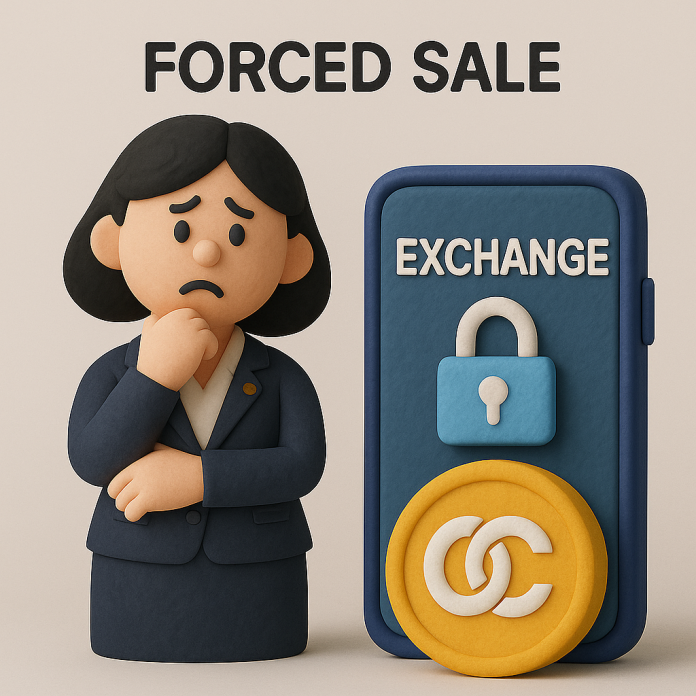
While Korean local governments have been legally authorized since 2022 to seize and liquidate crypto assets from tax delinquents, real-world enforcement remains a major challenge. Despite regulatory reforms and account access being simplified, actual execution is still virtually nonexistent.
The amended Local Tax Collection Act allows municipal authorities to confiscate virtual assets held in domestic exchange accounts. The Financial Services Commission has also greenlit account creation by municipalities for managing seized crypto. Several local governments, including Gyeonggi Province, are actively exploring this option.
However, liquidation—the most critical step—remains unresolved. The biggest issue is accountability and execution responsibility. Crypto exchanges have shown willingness to support account setup but maintain they will not conduct asset sales on behalf of the government. This leaves civil servants with the full burden of price evaluation, market timing, and liquidation execution.
This situation places non-expert government staff in the risky role of acting as de facto traders, responsible for managing volatile assets in a public capacity. Potential price fluctuations following a sale could result in civil complaints or accusations of asset mismanagement.
Gyeonggi Province has initiated discussions with 31 municipal governments to design a cooperative asset seizure and management system. Yet experts stress that without a standardized liquidation protocol, clear delegation of responsibility, and price valuation mechanism, the current system is unlikely to be effective.
One local tax officer commented, “Even if we open accounts easily, without proper support for liquidation, this system is unworkable. Unless exchanges take on some responsibility, like stock brokerages do in securities enforcement, it won’t deliver meaningful results.”
As South Korea accelerates its efforts to formalize digital asset policy, bridging the gap between regulatory permissions and practical enforcement remains a key challenge. Without operational clarity and technological support, the forced sale of crypto assets may remain a theoretical tool — not a real solution.






